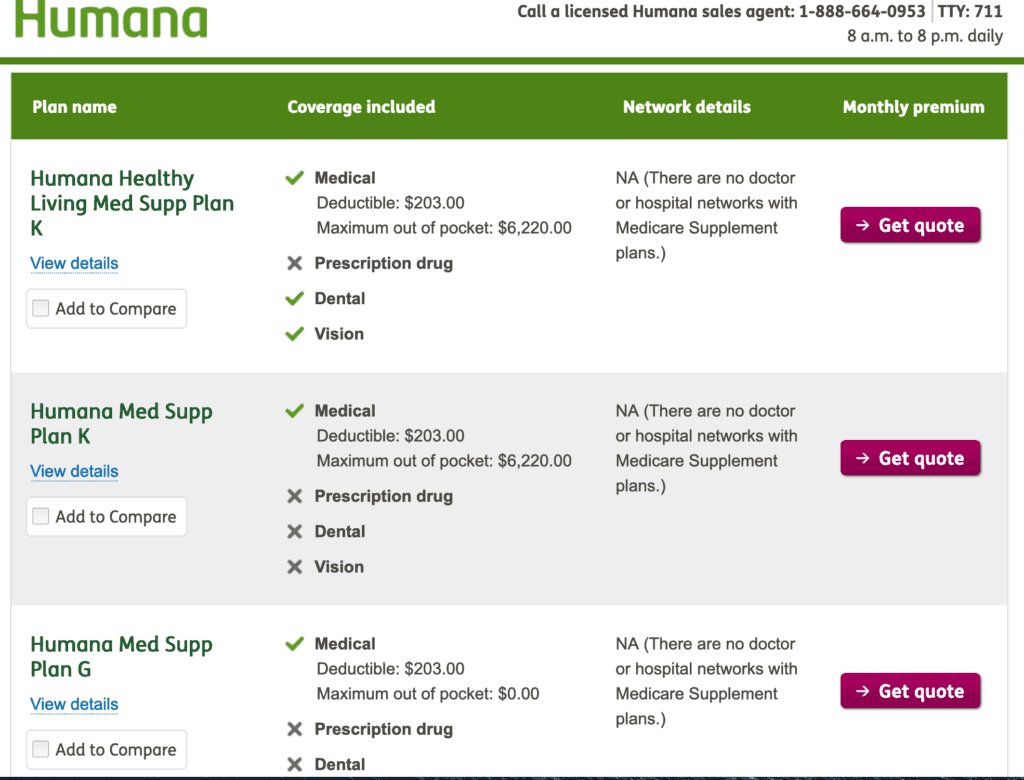Humana HMO vs. PPO: Navigating Your Healthcare Choices
In the labyrinth of healthcare choices, navigating the nuances of different plan types can feel like deciphering an ancient script. Among the most common options are Health Maintenance Organizations (HMOs) and Preferred Provider Organizations (PPOs). When considering Humana, a major player in the health insurance arena, understanding the distinctions between their HMO and PPO offerings becomes crucial for securing your well-being.
Choosing a health plan is not merely a transactional act; it’s an investment in your future health and peace of mind. The decision between a Humana HMO and a PPO involves weighing factors like cost, flexibility, and access to specialists. It's a delicate balance between affordability and the freedom to choose your own healthcare path.
Humana, like many other insurance providers, offers both HMO and PPO plans. Comparing Humana HMO and PPO plans necessitates a deep dive into the specifics of each plan's structure. This exploration involves examining the network of doctors, coverage for out-of-network care, and the procedures for referrals to specialists. Understanding these elements helps paint a clearer picture of how each plan operates in practice.
The evolution of health insurance has led to a diverse range of plan options. Both HMOs and PPOs emerged as solutions to address the rising costs of healthcare. HMOs focused on cost containment by establishing networks of providers and requiring referrals, while PPOs offered more flexibility at a higher price point. Comparing Humana HMO vs PPO options involves understanding this historical context and how it shapes the current landscape of health insurance.
The core issue when evaluating Humana HMO vs. PPO plans lies in finding the right balance between cost and access. HMOs generally offer lower premiums but restrict your choice of providers to their network. PPOs provide greater flexibility in choosing doctors, including those outside the network, but often come with higher premiums and out-of-pocket costs. This trade-off forms the crux of the decision-making process.
Definitions: An HMO requires you to choose a primary care physician (PCP) who acts as a gatekeeper for specialist referrals. A PPO allows you to see any doctor within the network without a referral and offers some coverage for out-of-network care. For example, if you need to see a cardiologist with a Humana HMO, you must first obtain a referral from your PCP. With a Humana PPO, you can typically schedule an appointment directly with the cardiologist, even if they are outside the network, although this will incur higher out-of-pocket costs.
Humana HMO vs. PPO: Advantages and Disadvantages
| Feature | HMO | PPO |
|---|---|---|
| Cost | Lower premiums, lower out-of-pocket costs | Higher premiums, higher out-of-pocket costs |
| Flexibility | Less flexible, requires PCP referrals | More flexible, no referrals needed |
| Coverage | Limited to network providers | Covers both in-network and out-of-network providers (at different rates) |
FAQs
Q: What is a Humana HMO? A: A health plan that requires a PCP and referrals to specialists within the network.
Q: What is a Humana PPO? A: A health plan that offers more flexibility in choosing doctors, both in and out of network.
Q: Which is cheaper, HMO or PPO? A: HMOs typically have lower premiums and out-of-pocket costs.
Q: Do I need a referral to see a specialist with a Humana HMO? A: Yes.
Q: Do I need a referral to see a specialist with a Humana PPO? A: No.
Q: Can I see out-of-network doctors with a Humana HMO? A: Generally, no, except in emergencies.
Q: Can I see out-of-network doctors with a Humana PPO? A: Yes, but at a higher cost.
Q: How do I choose between a Humana HMO and PPO? A: Consider your budget, healthcare needs, and preferred level of flexibility.
Making an informed decision about your health insurance requires careful consideration. Comparing Humana HMO and PPO plans is a crucial step in this process. By understanding the distinct characteristics of each plan, weighing the advantages and disadvantages, and considering your individual needs, you can choose the plan that best aligns with your health goals and financial situation. Take the time to research, ask questions, and compare options before making a commitment. Your health and well-being deserve the best possible care, and choosing the right insurance plan is a foundational element of achieving that goal.
Navigating elk river mn zoning a guide for residents businesses
Ace your oklahoma drivers test the ultimate prep guide
Mastering the fifa 21 web app your ultimate guide









